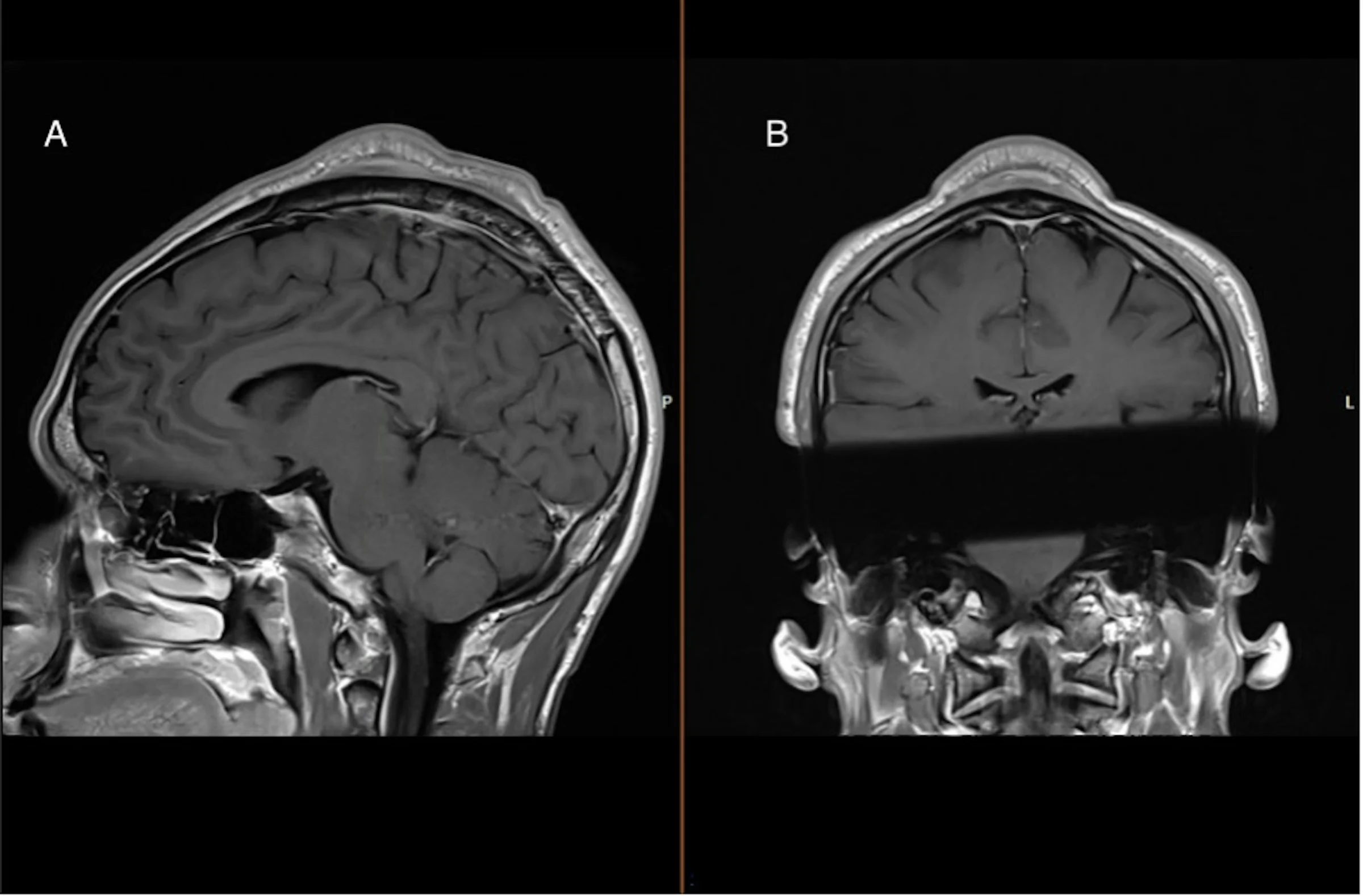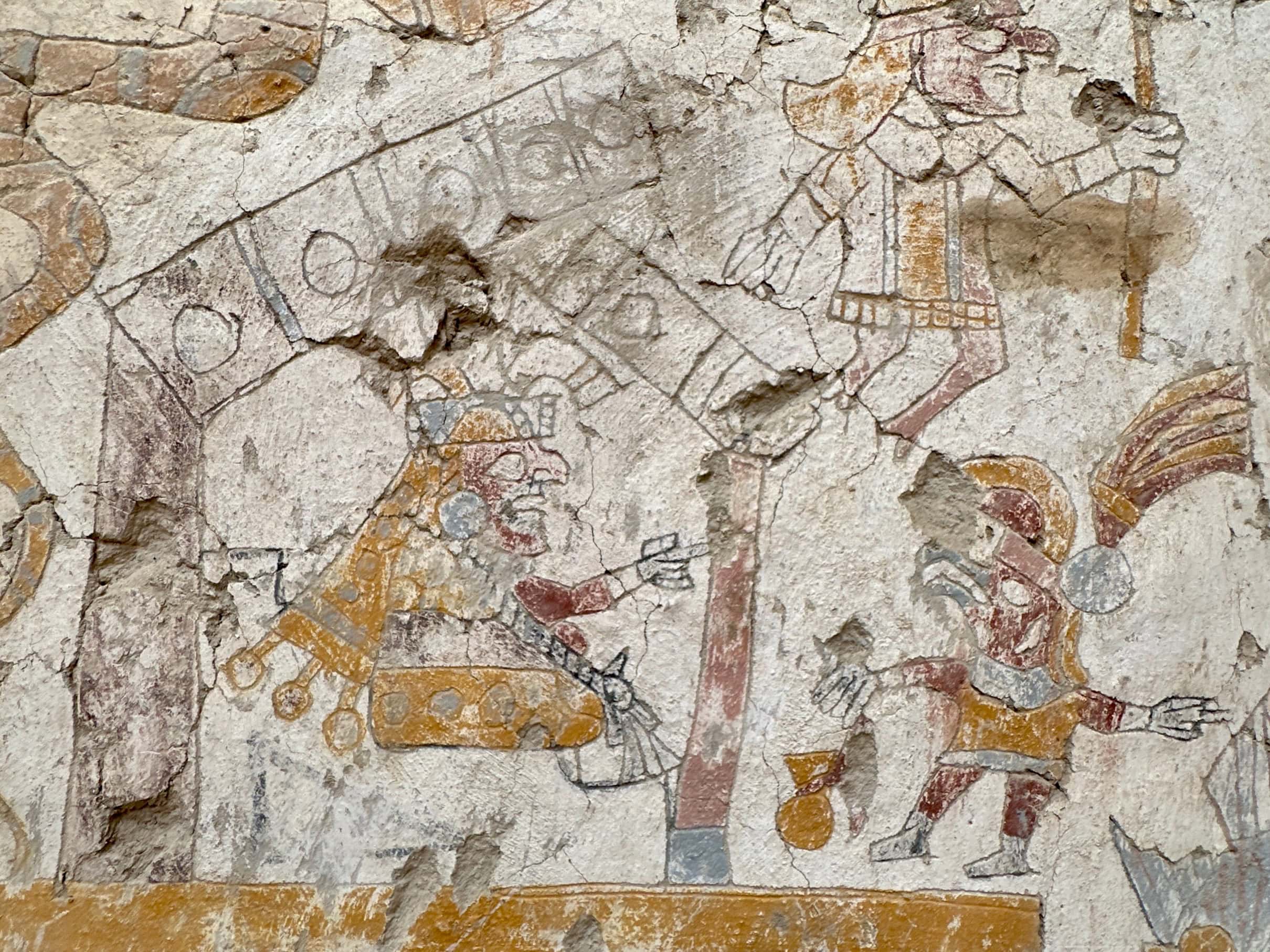

A new study by researchers from the University of Oxford and international collaborators has shed light on how diet affects the risk of colorectal cancer.
By analyzing data from over half a million women in the UK, the study found that certain foods and nutrients can either increase or reduce the chances of developing this common type of cancer.
Colorectal cancer, also known as bowel cancer, is the third most common cancer worldwide, with nearly 2 million new cases in 2022. It is more frequent in high-income countries, but rates are rising in lower-income areas as dietary and lifestyle habits change.
Migrants to high-risk countries often adopt behaviors that raise their cancer risk, suggesting that factors like diet and lifestyle play a key role.
Among the dietary factors studied, alcohol and processed meat stood out as harmful. Alcohol, a known carcinogen, was linked to a higher risk of colorectal cancer. The study showed that drinking the equivalent of two alcoholic drinks daily increased the risk by 15%.
Similarly, eating 30 grams of red or processed meat per day—about one slice of bacon—raised the risk by 8%. These findings confirm earlier studies highlighting these foods as cancer risk factors.
On the other hand, calcium and dairy products appeared to have protective effects. Calcium may reduce cancer risk by binding to bile acids in the gut, which can otherwise promote cancer. Drinking one glass of milk (300 milligrams of calcium) daily lowered the risk by 17%.
Dairy products like milk and yogurt, as well as other calcium-rich foods, showed similar benefits. Interestingly, genetic analysis revealed that people with genes linked to higher milk consumption had a 40% lower risk of colorectal cancer for every 200 grams of milk consumed each day.
Whole grains, fruits, and certain nutrients were also associated with a lower risk. Eating 20 grams of whole grains daily, about half a slice of whole-grain bread, reduced the risk by 10%. A serving of breakfast cereal (40 grams) cut the risk by 7%.
Fruits also had protective effects: consuming an apple a day or one cup of fruit (200 grams) lowered the risk by 8–10%. Leafy greens, which are high in folate, were linked to a 12% reduced risk, while foods rich in vitamin C, such as oranges, lowered the risk by 10%.
The researchers emphasized that these protective effects were sometimes interconnected with other healthy behaviors. For instance, people who ate more whole grains or fruits often had overall healthier diets and lifestyles, making it harder to separate the effects of individual foods.
The study used robust methods, analyzing data from a large group of women over an average of 16 years.
Researchers considered various factors like body weight, smoking habits, and family history of bowel cancer to ensure their findings were reliable. They also conducted genetic analyses to understand how inherited traits influence diet and cancer risk.
In summary, this research highlights that diet can play a significant role in colorectal cancer risk. Alcohol and processed meats increase the risk, while calcium, dairy products, whole grains, fruits, and certain vitamins and minerals can offer protection.
These findings underline the importance of making informed dietary choices to reduce cancer risk. Further studies are needed to explore how calcium works to protect the gut and whether consuming high amounts of it has any downsides.
If you care about cancer, please read studies about common drugs for inflammation may help kill cancer, and statin drugs can starve cancer cells to death.
For more information about cancer, please see recent studies about these two things are key to surviving cancer and results showing common Indian fruit may slow down cancer growth.
The research findings can be found in Nature Communications.
Copyright © 2025 Knowridge Science Report. All rights reserved.








Leave a Comment